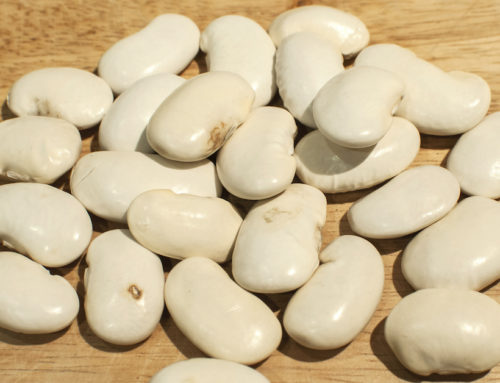It’s very well known that sugar and, in particular, the sugar called fructose, can wreak havoc on the body and brain. And now a group of researchers believe fructose may be connected to the increase in the number of people who succumb to memory-destroying Alzheimer’s disease.
According to these scientists, the fructose that you consume in processed food along with the fructose that the brain itself makes (yes, the brain makes its own fructose!) shuts down the parts of the brain that allow you to retrieve recent memories and perceive time passing. Here are the important details and what you can do about it…
The scientists say the fructose problem begins with human evolution.
They point back thousands of years ago to when early humans survived by foraging for food. Research shows that mechanisms in our brain that helped us operate as more effective hunter-gatherers are still there and functioning as though we still need to get out in the woods and scrounge up something to eat.
But now when you combine those processes that once helped us avoid starvation with the modern Western diet, you’re more susceptible to both brain deterioration and obesity.
The American Diet’s Contribution To
Alzheimer’s Disease
The theory being put forth by these researchers is that humans long ago developed a “foraging response” to the presence and metabolism of fructose in the brain. That response is in reaction to both fructose we consume in food and fructose manufactured in the brain.
Because of that fructose, blood flow to the brain’s cerebral cortex, which takes part in self-control, is reduced. Plus, the blood supply to the hippocampus and thalamus is also cut back. At the same time, extra blood is sent to the visual cortex.1
That change in circulation, say the scientists, is supposed to increase our ability to rapidly assess where we will find food and increase our wandering and exploring in search of food. In addition, it boosts our eagerness to take risks in our search for food and helps us ignore the passage of time, while we stay focused on discovering potential food in the wild.
The researchers also maintain that when we were hunter-gatherers, this ancient, heightened focus on foraging was meant to be a temporary state. But today when we continually consume fructose, getting too much of that sugar leads to a destructive cycle that never shuts down and is harmful to the brain.
“This chronic and persistent reduction in cerebral metabolism driven by recurrent fructose metabolism leads to progressive brain atrophy and neuron loss with all of the features of Alzheimer’s disease,” says researcher Richard Johnson, M.D., who is with the University of Colorado Anschutz Medical Center.
Protect Your Brain Against Fructose
Of course, the best way to protect your brain against the harm caused by fructose is to avoid processed foods that have fructose added to them. In addition, another potential way to defend your brain against fructose is to eat more fish and consume fish oil supplements.
Of particular importance, according to studies of brain health, is to consume the omega-3 fatty acid called DHA (docosahexaenoic acid). In addition to defending against brain cell-destroying inflammation, a laboratory test at Ohio State University shows that DHA can fend off some of the brain issues brought on by eating processed foods.2
“These findings indicate that consumption of a processed diet can produce significant and abrupt memory deficits – and in the aging population, rapid memory decline has a greater likelihood of progressing into neurodegenerative diseases such as Alzheimer’s disease,” warns Ohio State investigator Ruth Barrientos, PhD. “By being aware of this, maybe we can limit processed foods in our diets and increase consumption of foods that are rich in the omega-3 fatty acid DHA to either prevent or slow that progression.”
My Takeaway
I’m with Dr. Barrientos on this. We should all skip processed foods entirely or, perhaps, save them for the occasional treat. The obvious harm that they do to the brain and the rest of the body is too great to be ignored.
As for the Colorado researchers and their theory of why fructose is so bad for the brain, I’m waiting for a little more evidence to confirm their speculation. But, whether their hypothesis turns out to be true or not, I’m still keeping items like high fructose corn syrup out of my diet – the evidence for how bad it is for us has been confirmed over and over again.
1 https://pubmed.ncbi.nlm.nih.gov/36774227/
2 https://www.sciencedirect.com/science/article/abs/pii/S0889159121005043?via%3Dihub







